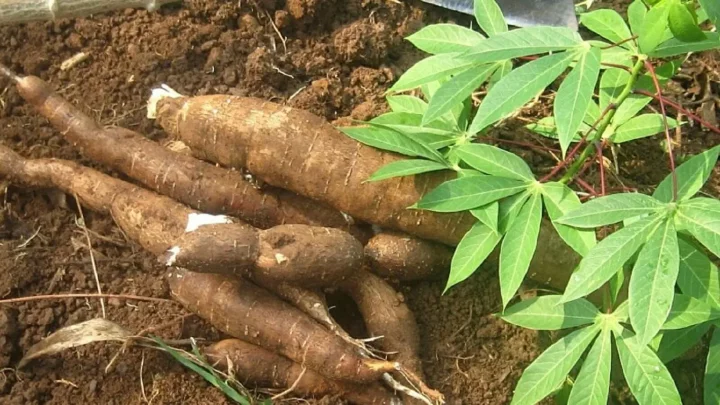
Although Nigeria is ranked number one in cassava production globally, she imported about $54, 200 in cassava in 2022, becoming the 121st largest importer of cassava in the world.
This was disclosed at the Ist National Conference of Industrial Cassava Stakeholders Association of Nigeria (ICSAN) titled "The Golden Crop: Harnessing the Economic Potential of Cassava for National Development through Industrialization," which held at Ikeja, Lagos.
Delivering a keynote address at the conference on the theme, Prof. Lateef Oladimeji Sanni, President, International Society for Tropical Root Crops, International Institute of Tropical Agriculture and Executive Director, Nigerian Stored Products Research Institute, Ilorin and Federal University of Agriculture, Abeokuta, also said Nigeria exported $733, 000 in cassava in the same year, making it the 61st largest exporter of cassava in the world.
After the President of ICSAN, Mr. Segun Ladele, gave the opening address, Prof Oladimeji further gave an insight into the cassava industry and its significance to Nigeria's economy.
He defined industrialization as "the mass production of goods in a factory system, which involves some degree of mechanized production technology," saying industrialisation enables the business environment, promotes private sector leadership, facilitates renewal for sunset industries, and encourages innovators.
According to Oladimeji, as at 2022, cassava was the 1063rd most imported product in Nigeria.
"Nigeria," he said, "imports cassava primarily from United Kingdom ($49.2k), Brazil ($2.68k), Cameroon (1.91k), Niger ($321), and Belgium ($33).
He said Egypt is the only African country ranked among the world's top ten highest exporters of cassava, with an export value of $81.8 million with less than 1% share (0.94%) of the total producers and export value of cassava in Africa and globally.
Apart from garri, lafun, fufu, etc., cassava products have a wide range of value chain such as in the making of bread, cake, candies, ice cream, beverages, fuel ethanol, animal feeds, furniture, paper and wood. All these lead to job creation, food security and incomes for farmers.
He identified some of the challenges facing cassava production in Nigeria as government inconsistent policy, increase in foreign exchange in the course of the project implementation, destruction of cassava farmland by cattle herdsmen, insecurity and communal clashes, lack of infrastructural facilities, little access to credit facilities, and lack of enough partnership and collaboration.
He proposed packaging differentiation, product diversification, regional standards and quality control, appropriate processing equipment, viable regulatory system, capacity building, and marketing channels as the way forward for the cassava industry in Nigeria.
He also prescribed that "government MUST be the catalyst, enabler and regulator of the cassava industry. There is the need for key players to ensure that private-led actions geared towards sustaining the development of cassava-based industries are initiated and advocated. There should be fair public incentives and funding within the geopolitical zone of the federation," he said.

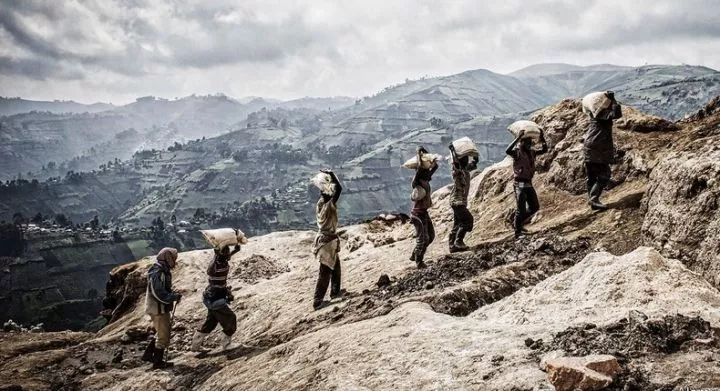
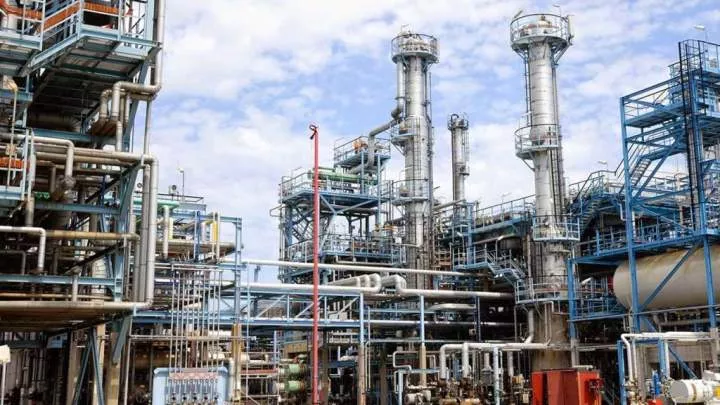
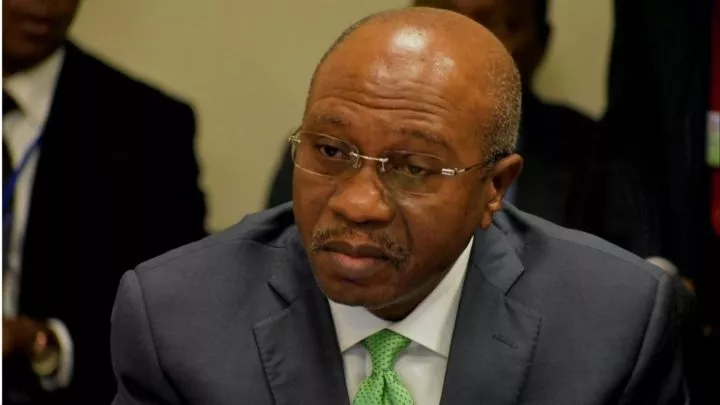


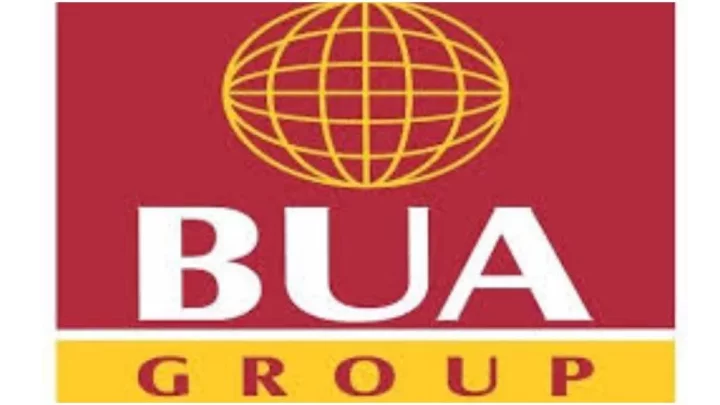









Comments